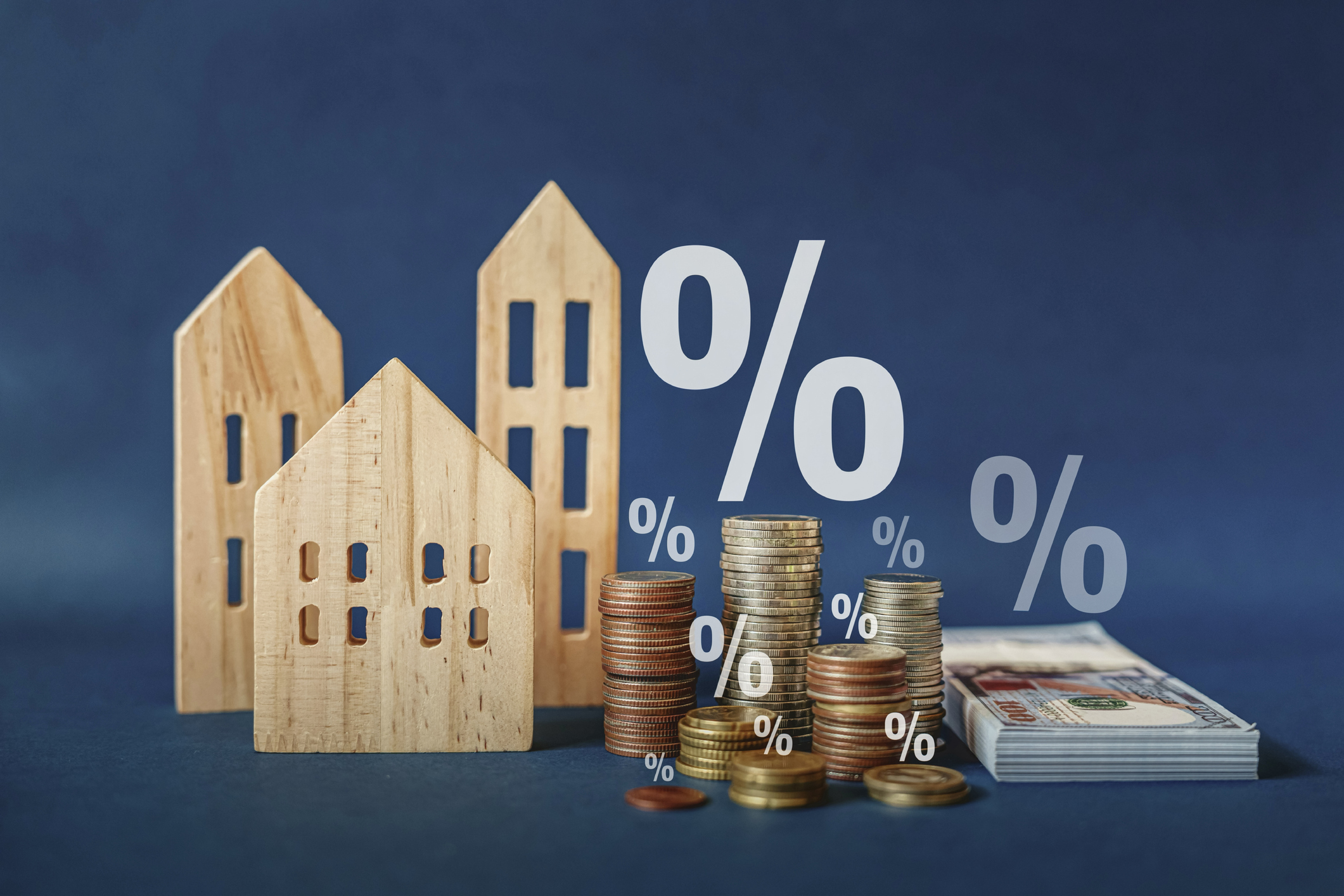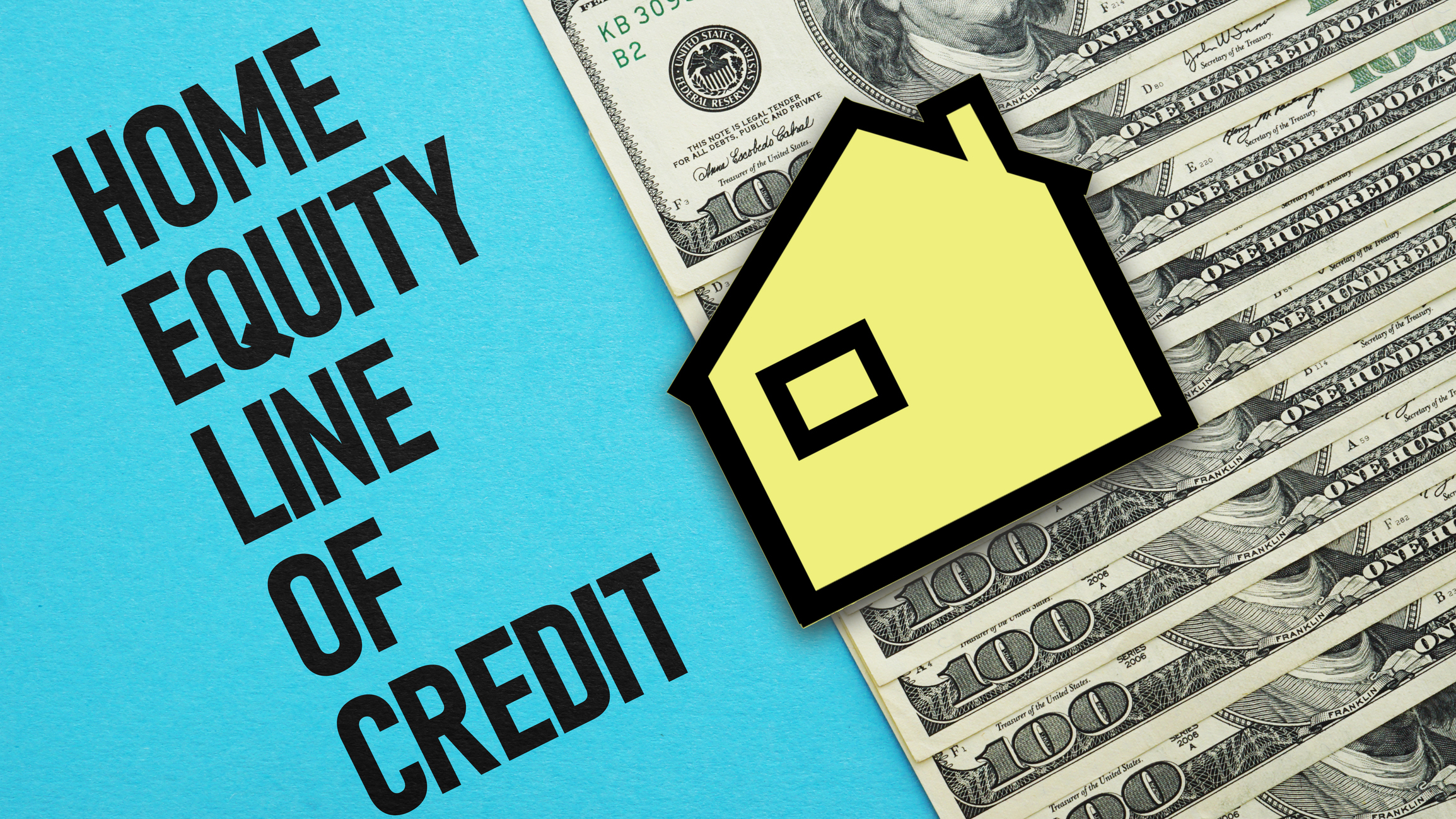Real Estate Investors Retreat
Investor home sales in 2Q fell sharply from a year ago, Redfin reports, as the mid-pandemic housing frenzy continues to cool amid higher interest rates.


Profit and prosper with the best of Kiplinger's advice on investing, taxes, retirement, personal finance and much more. Delivered daily. Enter your email in the box and click Sign Me Up.
You are now subscribed
Your newsletter sign-up was successful
Want to add more newsletters?

Delivered daily
Kiplinger Today
Profit and prosper with the best of Kiplinger's advice on investing, taxes, retirement, personal finance and much more delivered daily. Smart money moves start here.

Sent five days a week
Kiplinger A Step Ahead
Get practical help to make better financial decisions in your everyday life, from spending to savings on top deals.

Delivered daily
Kiplinger Closing Bell
Get today's biggest financial and investing headlines delivered to your inbox every day the U.S. stock market is open.

Sent twice a week
Kiplinger Adviser Intel
Financial pros across the country share best practices and fresh tactics to preserve and grow your wealth.

Delivered weekly
Kiplinger Tax Tips
Trim your federal and state tax bills with practical tax-planning and tax-cutting strategies.

Sent twice a week
Kiplinger Retirement Tips
Your twice-a-week guide to planning and enjoying a financially secure and richly rewarding retirement

Sent bimonthly.
Kiplinger Adviser Angle
Insights for advisers, wealth managers and other financial professionals.

Sent twice a week
Kiplinger Investing Weekly
Your twice-a-week roundup of promising stocks, funds, companies and industries you should consider, ones you should avoid, and why.

Sent weekly for six weeks
Kiplinger Invest for Retirement
Your step-by-step six-part series on how to invest for retirement, from devising a successful strategy to exactly which investments to choose.
As the housing market hits a standstill, real estate investors are buying fewer homes than last year, although home flippers are still making money on deals.
Investor home purchases dropped 45% in the second quarter from a year earlier, a new report from Redfin shows. That compares to a drop of 31% in overall home sales.
Investors — homebuyers who intend to either flip or rent out their properties — have been more reactive to the cooling housing market than individual homebuyers. Investors scooped up a greater share of properties during the 2020-2021 frenzy than other homebuyers, and were also quicker to retreat once the market cooled.
From just $107.88 $24.99 for Kiplinger Personal Finance
Become a smarter, better informed investor. Subscribe from just $107.88 $24.99, plus get up to 4 Special Issues

Sign up for Kiplinger’s Free Newsletters
Profit and prosper with the best of expert advice on investing, taxes, retirement, personal finance and more - straight to your e-mail.
Profit and prosper with the best of expert advice - straight to your e-mail.
Other factors contributing to the decline in home sales include:
- Interest rates. The Federal Reserve increased the federal funds rate, a key overnight bank lending rate, 11 times between March 2022 and July 2023. At the last meeting in July, the central bankers raised rates a quarter of a percentage point to a target range of 5.25% to 5.50% Mortgage rates rose in lockstep, with the average 30-year mortgage rate hitting 7.23% in the week ending Aug. 17, a 21-year record.
- Sellers holding steady. Homeowners and investors locked in record low rates during 2021 and 2022 and have less incentive to sell currently.
- Housing supply drying up. Total listings fell 9.1% year over year in July 2023, with less inventory available across the board.
- Home prices still rising. The median purchase price for investors last year was $467,885 and this year it’s $470,120.
Post-pandemic decline
During the pandemic, investors took advantage of super-low interest rates alongside consumers, fueling a housing boom. Investor purchases climbed to nearly 100,000 homes at the peak. In the second quarter of 2023, investors only snatched up 50,347 homes, representing a 45% drop from 2022.
This trend continues a four-quarter-long growth decline in investor purchases that began in the second quarter of 2022. This period represents the second-largest drop in purchases since the 2008 recession, following a drop of 48% in the first quarter of 2023, the largest ever year-over-decline.
Much like other homeowners, real estate investors are reluctant to put their properties on the market. At only 8% of new listings, investors are holding onto properties without adding to their real estate portfolio. That’s a 36% tumble from the same quarter in the previous year.
Home flippers still profiting
Real estate investors who seek to flip homes are still making money in their endeavors. Redfin Senior Economist Sheharyar Bokhari noted: “Flippers are putting far fewer homes on the market than they were during the same period in 2021 or 2022, and hardly any of them are taking a loss, which would at least give individual homebuyers a somewhat good deal. And the steady decline in investor purchases means they aren’t likely to replenish the housing market with newly renovated homes anytime soon.”
To Bokhari’s point, home flippers (investors who buy properties to renovate and ideally sell at a profit) sold homes for an average of $188,448 more than their initial purchase price in June, the study showed — an increase of 61 percent. However, that's still less than the profits flippers saw last year when homes were selling for an average of $199,946 above the purchase price, a profit of 69%.
Mortgage rates aren’t forecast to decline for a while, so potential investors will want to find the best available rates on a new mortgage. By using our tool in partnership with Bankrate, you can quickly find the best mortgage rates with multiple lenders.
Related Content
Profit and prosper with the best of Kiplinger's advice on investing, taxes, retirement, personal finance and much more. Delivered daily. Enter your email in the box and click Sign Me Up.

Seychelle is a seasoned financial professional turned personal finance writer. She’s passionate about empowering people to make smart financial decisions by combining 10 years of finance industry experience with solid research and a wealth of knowledge. Seychelle is also a Nav-certified credit and lending expert who has explored money topics such as debt consolidation, budgeting, credit, and lending in her work for publications including GOBankingRates, LendEDU, and Credible.
-
 Farmers Brace for Another Rough Year
Farmers Brace for Another Rough YearThe Kiplinger Letter The agriculture sector has been plagued by low commodity prices and is facing an uncertain trade outlook.
-
 Nasdaq Leads a Rocky Risk-On Rally: Stock Market Today
Nasdaq Leads a Rocky Risk-On Rally: Stock Market TodayPresident Trump said he will decide within the next 10 days whether or not the U.S. will launch military strikes against Iran.
-
 Over 65? Here's What the New $6K Senior Tax Deduction Means for Medicare IRMAA
Over 65? Here's What the New $6K Senior Tax Deduction Means for Medicare IRMAATax Breaks A new tax deduction for people over age 65 has some thinking about Medicare premiums and MAGI strategy.
-
 How to Budget as a Couple Without Fighting About Money
How to Budget as a Couple Without Fighting About MoneyThese tips will help you get on the same page to achieve your financial goals, with minimal drama.
-
 Is the Housing Market's 'Lock-In Effect' Finally Starting to Ease?
Is the Housing Market's 'Lock-In Effect' Finally Starting to Ease?As mortgage rates stabilize and fewer owners hold ultra-low loans, the lock-in effect may be losing its grip.
-
 Mortgage Protection Insurance: What It Covers and When It Makes Sense
Mortgage Protection Insurance: What It Covers and When It Makes SenseHow mortgage protection insurance works, what it costs, and when it’s actually useful in a financial plan.
-
 What to Watch for When Refinancing Your Home Mortgage
What to Watch for When Refinancing Your Home MortgageA smart refinance can save you thousands, but only if you know how to avoid costly pitfalls, calculate true savings and choose the right loan for your goals.
-
 Builders Are Offering Big Mortgage Incentives — What Homebuyers Should Watch For
Builders Are Offering Big Mortgage Incentives — What Homebuyers Should Watch ForBuilder credits and below-market mortgage rates can ease affordability pressures, but the savings often come with trade-offs buyers should understand before signing.
-
 Trump Signals Plan to Ban Institutional Investors From Buying Single-Family Homes
Trump Signals Plan to Ban Institutional Investors From Buying Single-Family HomesThe president says the move could improve housing affordability. Here’s what the data show about investor ownership, recent buying trends and what it could mean for homebuyers.
-
 How Much Income You Really Need to Afford a $500,000 Home
How Much Income You Really Need to Afford a $500,000 HomeAs home prices increase, the income needed for a house is also climbing. We break down what you need to earn to afford a $500,000 home.
-
 How Much Would a $50,000 HELOC Cost Per Month?
How Much Would a $50,000 HELOC Cost Per Month?Thinking about tapping your home’s equity? Here’s what a $50,000 HELOC might cost you each month based on current rates.